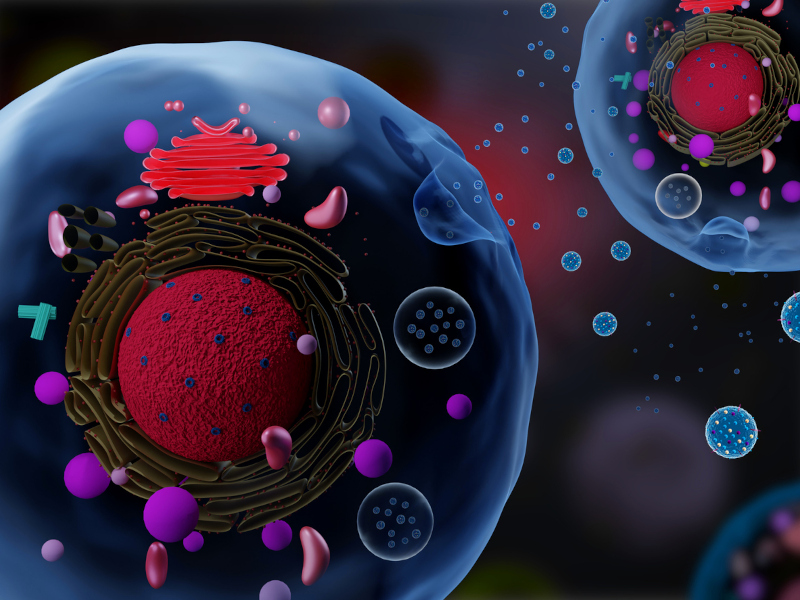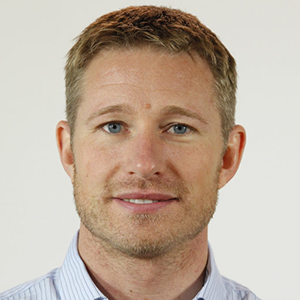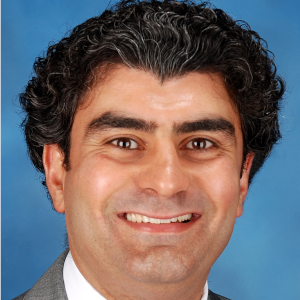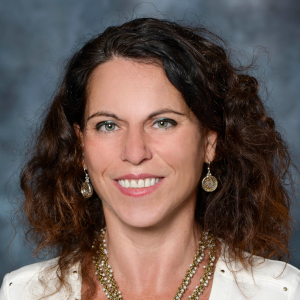Exosomes, small extracellular vesicles which play a critical role in various physiological and pathological processes, are secreted by multivesicular bodies through exocytosis and can be detected in many bodily fluids, including blood, saliva, and amniotic fluid. Due to their relative abundance, they provide an attractive opportunity as markers in various medical areas including oncology, neurology, nephrology, cardiology, autoimmune disease and pregnancy. This session evaluates the current progress in evaluating exosomes for liquid biopsy-based testing and the potential for clinical applications.
Session Chair Profile
Biography
Johan Skog is a renowned, well-published thought leader in exosome science having pioneered breakthrough discoveries about exosomes and other microvesicles and their vital role as cell messengers and disease proliferators. While at Massachusetts General Hospital/Harvard Medical School, Dr. Skog discovered that tumor-derived mutations can be detected in exosome RNA from serum and other biofluids, findings which were published in Nature Cell Biology in 2008. Additionally, he demonstrated that exosomes serve to deliver messages to other cells, inducing changes favorable to the proliferation of cancer. At Exosome Diagnostics, Dr. Skog continues to pioneer critical advancements in diagnostics and expand the field of exosome biology. Dr. Skog’s research background includes virology, gene therapy, brain tumors, RNA and biomarker discovery, and he is an inventor on several patents. Dr. Skog earned his Master of Biomedical Sciences and Doctorate at Umeå University, Sweden.
Clinical Dx Showcase:
Exosome Diagnostics
Exosome Diagnostics, a leader in developing liquid biopsy-based diagnostics, is the first and only company that can simultaneously isolate and analyze exosomal RNA and cfDNA in a single step to achieve highest sensitivity for detecting rare mutations. ExosomeDx empowers the world’s leading biopharma companies in exploring this unique technology.
Exosomes: New Standard In Multi-Analyte Liquid Biopsy Testing
Speaker Profile
Biography
Jamil R. Azzi is an Associate Professor of Medicine at Harvard Medical School. He is the medical director of the vascularized composite allo-transplantation (VCA) and the associate director of the kidney and pancreas transplant at Brigham and Women’s Hospital. Dr. Azzi is a physician scientist who is leading a NIH funded laboratory that focuses on understanding the immune-regulatory arm of the immune system in transplantation, autoimmunity and cancer with the goal of developing more targeted and safer therapeutic strategies. Currently, a major focus of his research is CD4 and CD8 regulatory T cells and their activation induced cell death in addition to engineering cell therapies. Dr. Azzi’s laboratory is also exploring multiple genomics and proteomics approaches to develop biomarkers that noninvasively detect rejection in kidney transplant recipients and measure the immune function of immunosuppressed patients.
Talk
Beyond Concept to Clinical Application in Kidney Diseases
The traditional biomarkers currently used to monitor a kidney allograft for rejection or autoimmune mediated kidney diseases are late markers of injury and they lack sensitivity and specificity. Biopsies on the other hand, are invasive and costly. Urinary exosomes, tiny vesicles released into the urine that carry parent cells’ proteins and nucleic acids, reflect the biologic function of the parent cells within the kidney, including immune cells. Their stability in urine makes them a potentially powerful tool for liquid biopsy and a noninvasive diagnostic biomarker for kidney-transplant rejection. This talk will describe the current efforts to develop urinary exosomes-based biomarkers to detect allograft kidney rejection and other kidney related diseases.
Speaker Profile
Biography
Dolores Di Vizio is a molecular pathologist, and a molecular and cell biologist, with 20 years of experience on urological cancer. Currently she is a Professor at Cedars-Sinai Medical Center. She published over 115 peer-reviewed manuscripts, including in high impact journals (Cancer Cell, Cell, Cancer Research, Nat Med, Nat Cell Biol,) and made important contributions to cancer research in a number of areas. Her work has been cited over 16,000 times and her H-index is 56. The Di Vizio lab is funded by the NIH and the DoD including by a NIH/NCI program for rigor and reproducibility in extracellular vesicle research to identify circulating biomarkers of cancer. One of the main effort in the lab is to develop new methodologies based on identification and characterization of heterogenous populations of cancer-derived extracellular vesicles in the plasma of patients with cancer. She serves as senior board member of the International Society of Extracellular Vesicles (ISEV) and is an associate editor for the Journal of Extracellular Vesicles.
Talk
Development of Liquid Biopsy Platforms Using Cancer-Derived Extracellular Vesicles
Cancer cell-derived Extracellular Vesicles (EVs) are attractive candidates for liquid biopsy because they contain protein, RNA, DNA, lipids and metabolites, including molecules that are functionally relevant to cancer progression or that are involved in therapeutic response. New approaches are being implemented combining new technologies with gold standard methodologies for EV purification and characterization.













